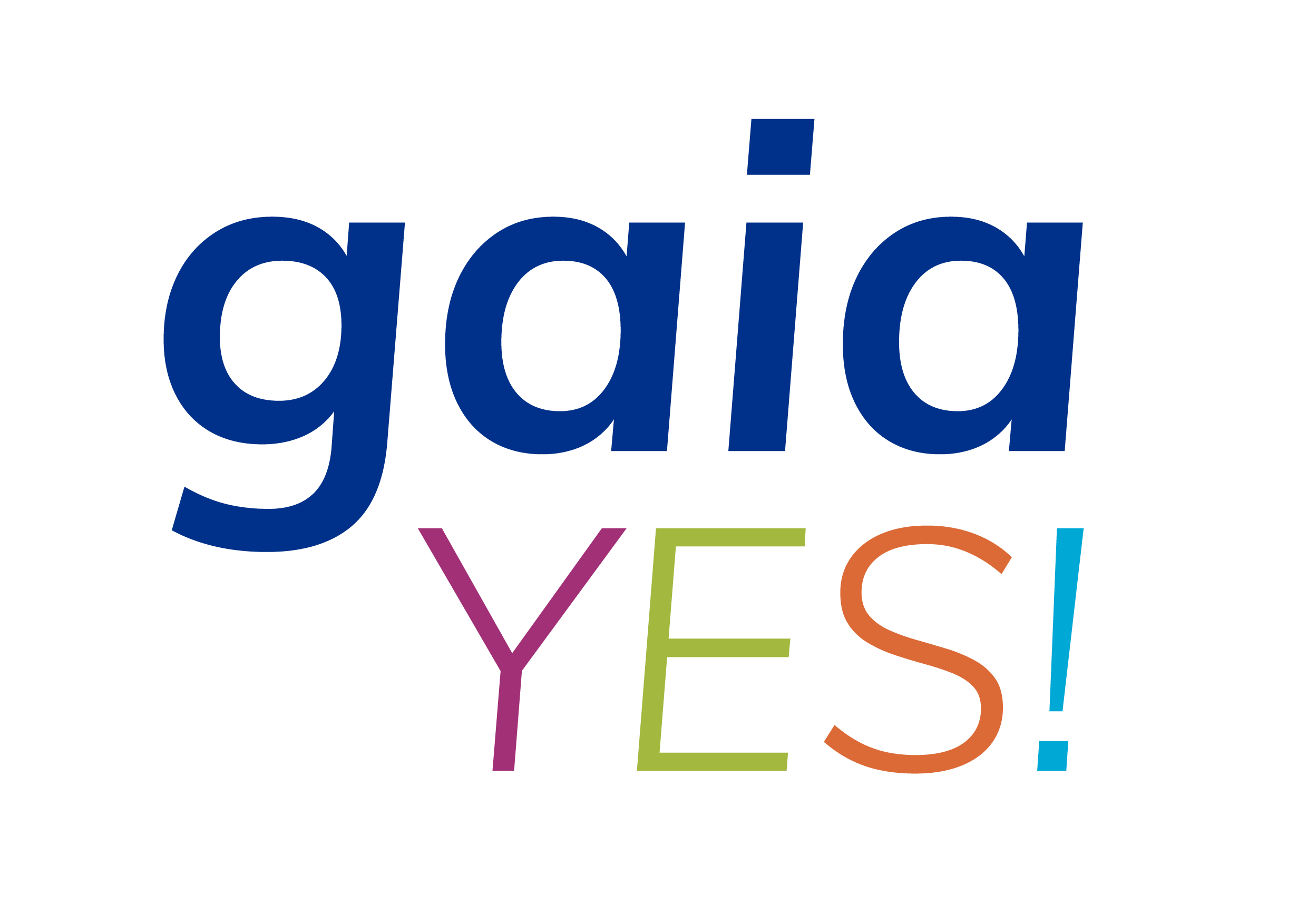S3.2.1 LETS
Ben's bicycle is broken and there is no money to repair it. Rianne would like to have her hair cut, but unfortunately, her mother does not have enough cash. Rianne's neighbour Dirk-Jan, on the other hand, can repair bicycles very well and Ben's mother sometimes cuts his hair in the evening. There must be something to exchange?
When there was no money, everyone traded with everyone else. A spearhead for a fish, a bowl of berries for a helping hand with lumbering. This ancient barter system could only work out well if you knew each other personally. With a growing population it became increasingly difficult to maintain this system. Means of payment in the form of shells, beads, coins and securities offered a solution. However, bartering is still an option today. Not everyone always has enough money to buy everything. If you want to exchange in a larger circle, you can go to LETS (Local Exchange Trading System). This is a local network where goods and services can be exchanged without involving money.
The participants of a LETS Circle pay each other with the currency of their local LETS Circle (complementary currency), so the activity doesn’t have to be limited to one-to-one bartering. There are LETS circles in a large number of countries. In the Netherlands for example, there are about a hundred currencies such as noppes (Amsterdam), stars (Utrecht), suns (Nijmegen) and gardens (Leeuwarden). Roughly speaking, a noppes, a star or a sun corresponds to a euro. Letseurope is the umbrella organisation of the European LETS circles.
Complementary currencies are becoming increasingly popular. One reason for this is globalisation. Regions or communities that cannot keep up with the pace of development that globalisation brought, seek for new economic strategies. In regions where money is short, barter is sometimes even the dominant economy. Digitalisation made it possible to centrally and transparently keep track of all transactions per LETS-circle. In the Netherlands, organisation STRO has built the program Cyclos for these transactions. Cyclos is also used for microcredits and local banks.

